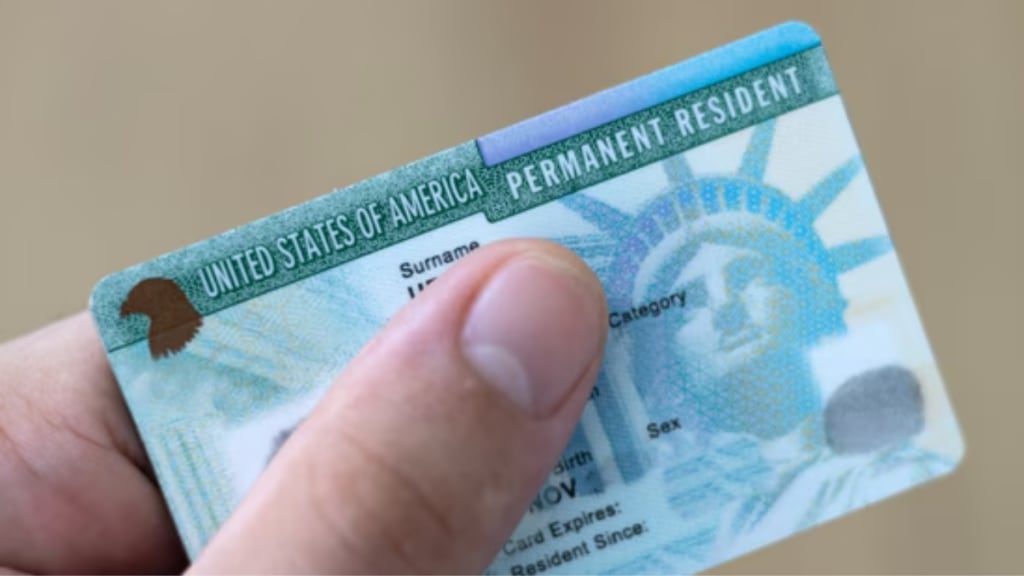The Trump administration is working on a new rule that could make it harder for immigrants from travel-ban countries to get green cards and other approvals, the New York Times reported. According to the internal documents from the Department of Homeland Security (DHS), immigration officers may soon start treating a person’s country of origin as a “significant negative factor” while deciding many immigration requests.
US plans to use travel bans for new immigration rules
This change is still being finalised, but the documents reviewed by The New York Times explain how it would work. Under this draft policy, US Citizenship and Immigration Services (USCIS) would use details from President Trump’s travel ban to categorise applications on the basis of green cards, asylum, and parole. Only citizenship applications would remain unaffected.
In June, Trump imposed a fresh travel ban on 12 countries. This primarily includes Africa and the Middle East. The ban stops citizens from Afghanistan, Chad, the Republic of Congo, Equatorial Guinea, Eritrea, Haiti, Iran, Libya, Myanmar, Somalia, Sudan and Yemen from entering the US.
Seven other countries, including Burundi, Cuba, Laos, Sierra Leone, Togo, Turkmenistan and Venezuela, are now facing partial restrictions. People from these nations are barred from moving to the US permanently or getting certain visas.
However, there were exceptions. People who already had valid visas or green cards, athletes travelling for the 2026 World Cup or 2028 Olympics, and Afghans under the Special Immigrant Visa programme were exempt.
The new rule comes as the Trump administration seeks to tighten legal immigration, especially from countries it believes do not have strong security checks or reliable identity documents.
A big crackdown on legal immigration?
The development comes just weeks after the administration announced its lowest refugee-admission numbers in years. Thousands of refugees escaping violence were denied entry, while spots were reserved for mostly white Afrikaner South Africans, according to the NYT report.
US President Donald Trump said the restrictions were important after a recent terror attack. He argued that people from certain countries might overstay visas and become risks.
The draft documents, reviewed by the New York Times, say that some countries do not share enough information for proper security checks. Others do not have strong systems for issuing passports or identity papers. Because of this, USCIS says it struggles to verify documents from these nations.
Under this proposed rule, immigration officers would judge these “country-specific problems” as a negative mark against an applicant. This would affect people already living legally in the United States, including those who arrived years before the travel ban.
More vetting, more checks — and more concerns
Meanwhile, USCIS has also increased its social-media screening. The agency says it has completed more than 12,500 social-media checks in the 2025 fiscal year. Michael Valverde, who worked at USCIS for over two decades, said the agency has always had to deal with documents from countries with weak systems. But treating these documents as a negative factor is new, and could end up acting like a quiet ban.
“It will show over time whether people can overcome this negative mark or whether this becomes a hidden ban for people from those countries,” Valverde told NYT.
